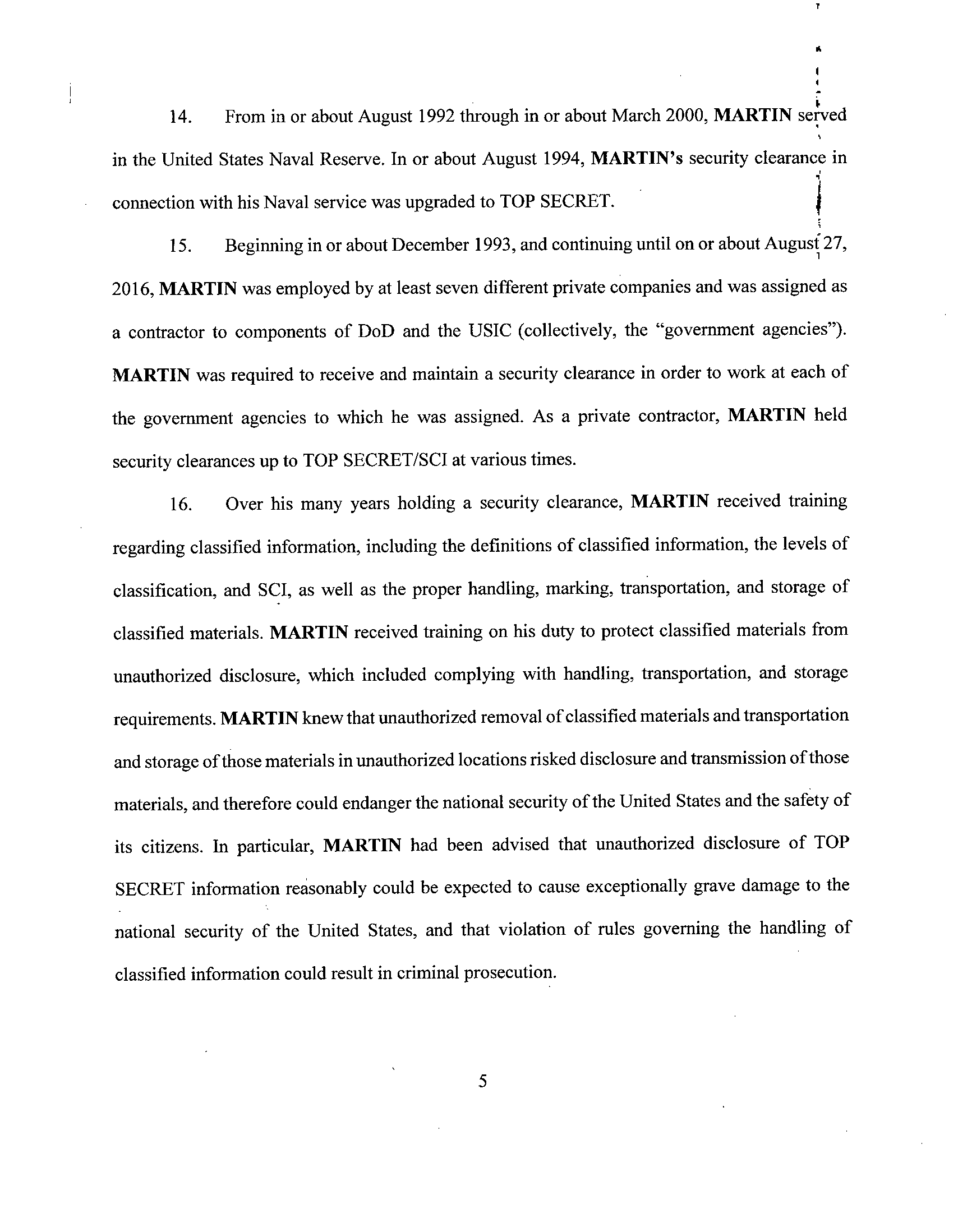After President Obama expelled Russian diplomats, shuttered two Russian compounds and added more sanctions on Russia, there was no immediate response from the Kremlin. Or was there a response we are just learning about? Seems Moscow at the orders of Vladimir Putin did decided to reply and did so aggressively.
On the heels of North Korea launching a missile capable of having a nuclear weapon tip while the Prime Minister of Japan was visiting the United States, seems was an opportune time for Russia to additionally do much the same with these two other provocative actions. Nothing from the Pentagon just yet either.
Russian jets in ‘unsafe’ encounters with destroyer: U.S. official
Reuters: Multiple Russian military aircraft came close to a U.S. Navy destroyer in the Black Sea on Feb. 10, incidents considered “unsafe and unprofessional,” a U.S. official said on Tuesday.
There were three separate incidents involving Russian aircraft and the USS Porter, Captain Danny Hernandez, a spokesman for U.S. European Command, said. One involved two Russian Su-24 jets, another a separate Su-24, and the third involved a larger IL-38.
“USS Porter queried all aircraft and received no response,” Hernandez said.
“Such incidents are concerning because they can result in accident or miscalculation,” he added.
The incidents involving the Su-24 were considered to be unsafe and unprofessional by the commanding officer of the Porter because of their high speed and low altitude, while the IL-38 flew at an unusually low altitude, Hernandez said.
Another U.S. official, speaking on condition of anonymity, said the closest incident that day involved the lone SU-24, which came within 200 yards of the Porter at an altitude of 300 feet (91 meters).
This is not the first time interactions have taken place between Russian jets and U.S. ships. In April 2016 two Russian warplanes flew simulated attack passes near a U.S. guided missile destroyer in the Baltic Sea. The flights by the warplanes were so close they created wake in the water.
***
Russia sends spy ship near US coast, deploys banned missiles at home, officials say
FNC: A Russian spy ship was spotted patrolling off the East Coast of the United States on Tuesday morning, the first such instance during the Trump administration — and the same day it was learned the Kremlin had secretly deployed controversial cruise missiles inside Russia and buzzed a U.S. Navy destroyer, U.S. officials told Fox News.
The Russian ship was in international waters, 70 miles off the coast of Delaware and heading north at 10 knots, according to one official. The U.S. territory line is 12 nautical miles.
It was not immediately clear where the ship is headed.
Later Tuesday, a U.S. official confirmed to Fox News that Russia had deployed ground-launched cruise missiles to two locations inside the country in December. The New York Times first reported that the Obama administration had previously seen the missiles — then in a testing phase — as a violation of a 1987 treaty between the U.S. and Russia that banned ground-launched intermediate-range missiles.
But Russia has pressed ahead with its program, apparently testing a Trump administration which has sought better ties with Moscow — but is also fresh off the loss of National Security Adviser Michael Flynn, who resigned Monday night in the wake of a scandal surrounding his communications with Russia.
The ship, the SSV-175 Viktor Leonov, last sailed near the U.S. in April 2015, an official said. It was also seen in Havana in January 2015.
The Russian spy ship is also armed with surface-to-air missiles.
“It’s not a huge concern, but we are keeping our eyes on it,” one official said.
This action by the Russian military follows recent missile test launches by Iran and North Korea.
In the past, Russian spy ships have loitered off the coast of Kings Bay, Ga., home to a U.S. Navy ballistic missile submarine base. During the Cold War, Russian intelligence gathering ships routinely parked off U.S. submarine bases along the East Coast
In September 2015, another Russian spy ship was spotted near the U.S. outside the submarine base in Kings Bay.
Outside of U.S. intelligence gathering satellites monitoring the Russian spy ship’s voyage north, there are several airborne platforms along the East Coast that could be used by the U.S. military to monitor the Russian ship, according to one official.
Currently there are four U.S. Navy warships in the Atlantic off the coast of Norfolk participating in normal training, but none have been tasked with shadowing the Russian spy ship.
There are no U.S. Navy aircraft carriers nearby. The USS Eisenhower, an aircraft carrier, is currently off the coast of Florida doing carrier qualifications, with young pilots making their first landings. Ike does not currently have strike aircraft. More here from FNC.
***
This Russian ship presently off the coast of Delaware began in Cuba and is expected to continue heading north to the New London, CT area and will turn around heading south again. It is know as a Vishnya class ship (AGI, Auxiliary, General Intelligence) and the ships are armed with two AK-630 close-in weapon systems and SA-N-8 SAM launchers. These ships are large, purpose built ships designed for signal and communications intelligence electronic information gathering via an extensive array of sensors.[3] The data could be transmitted to shore via satellite link antennas housed in two large radomes. The Russian Navy operates seven of these ships.




 Now the private and free enterprise system and corporations should have success. But are these companies standing on their own or just part of another circle jerk for political favors? Hah….rhetorical question until you see who is participating. How about Google….the most profitable and successful tech company out there. Well yes but… Besides Intel, Google is the top tech company
Now the private and free enterprise system and corporations should have success. But are these companies standing on their own or just part of another circle jerk for political favors? Hah….rhetorical question until you see who is participating. How about Google….the most profitable and successful tech company out there. Well yes but… Besides Intel, Google is the top tech company 

 NBC
NBC According to an
According to an 